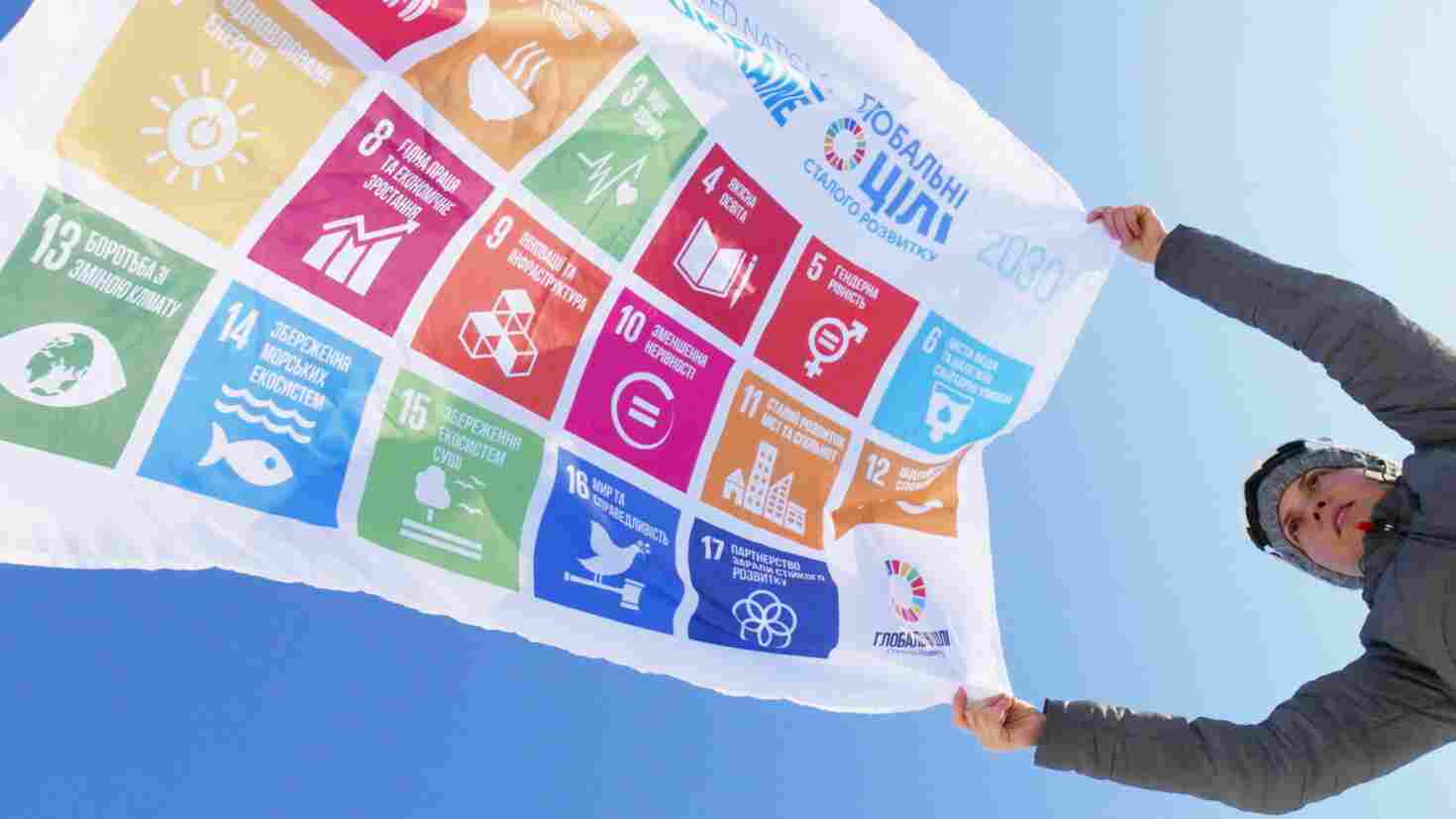
WORLDWIDE (Enmaeya News) — The 2025 World Happiness Report reveals that people tend to underestimate the kindness and benevolence of others — a misperception that has significant implications for individual and societal well-being.
Researchers found that when wallets were intentionally dropped, they were returned far more often than expected, signaling a higher level of real-world kindness. The report highlights that well-being depends not only on actual benevolence but also on how people perceive the kindness of those around them.
“Kindness is generally underestimated,” the report says, noting that informing people about the true extent of benevolence could boost their happiness. Societies with higher expectations of kindness tend to have more equal distributions of happiness, especially benefiting those who are least happy.
Finland remains the world’s happiest country for the eighth consecutive year, followed closely by Denmark, Iceland and Sweden. Factors behind Finland’s success include strong social support, high gross domestic product per capita, and low corruption levels.
In contrast, the United States recorded its lowest-ever ranking, placing 24th. The report links this decline to social trends such as increased solo dining and a rise in so-called “deaths of despair,” which have contributed to falling well-being.
Trust, kindness and prosocial behavior form the foundation of resilient and fulfilling societies, the report emphasizes. It argues that quality human connections contribute more to happiness than economic growth alone.
The report also points to the political consequences of declining happiness and trust, warning that low trust fuels political polarization and societal extremism. Rebuilding trust, it says, could help reduce these divisions.
Highlighting the value of smart charitable giving, the report notes that mental health initiatives in low-income countries offer exceptional well-being benefits for their cost.
In sum, the World Happiness Report 2025 stresses the vital role of sharing, caring and positive perceptions of kindness in driving happiness at both individual and societal levels — alongside the ongoing importance of social trust, economic conditions and governance quality.




